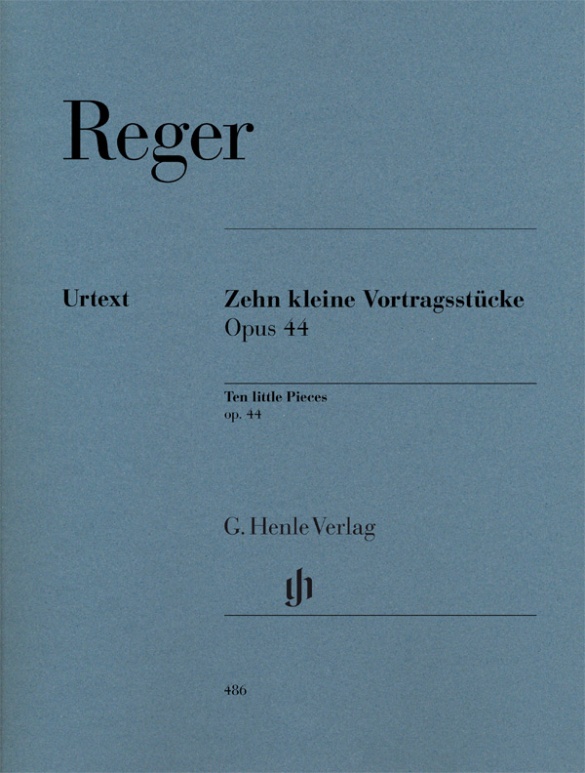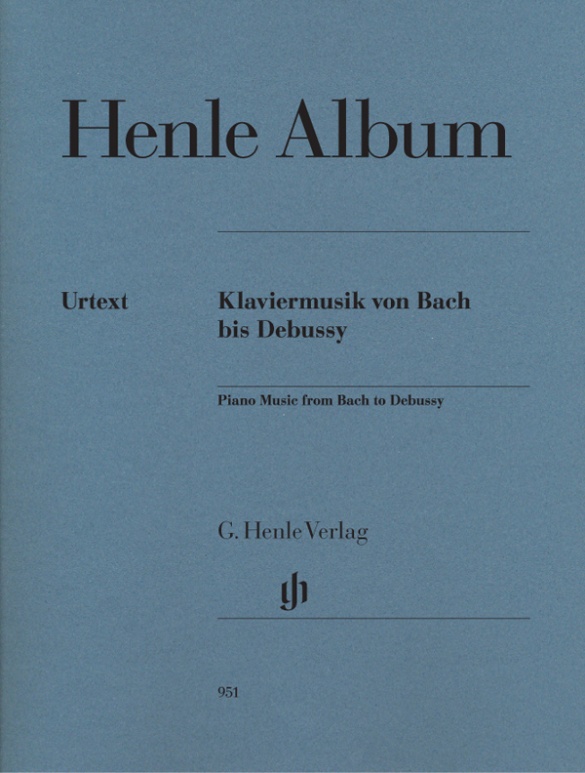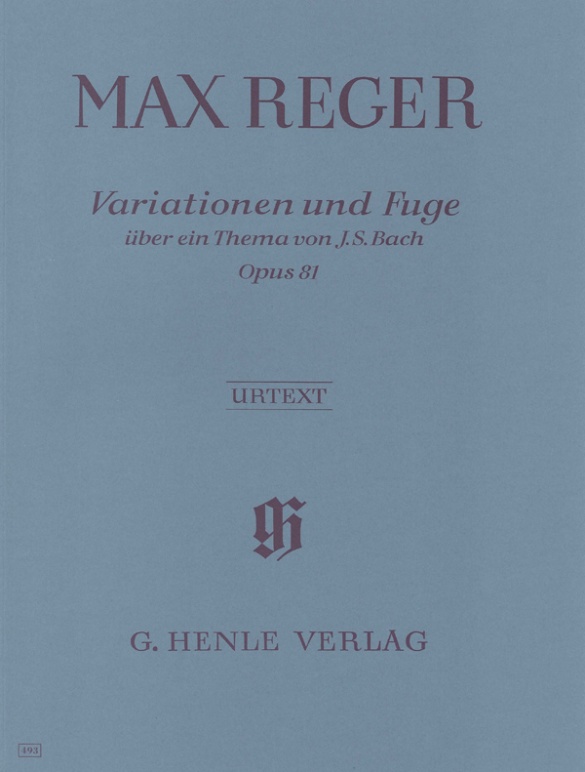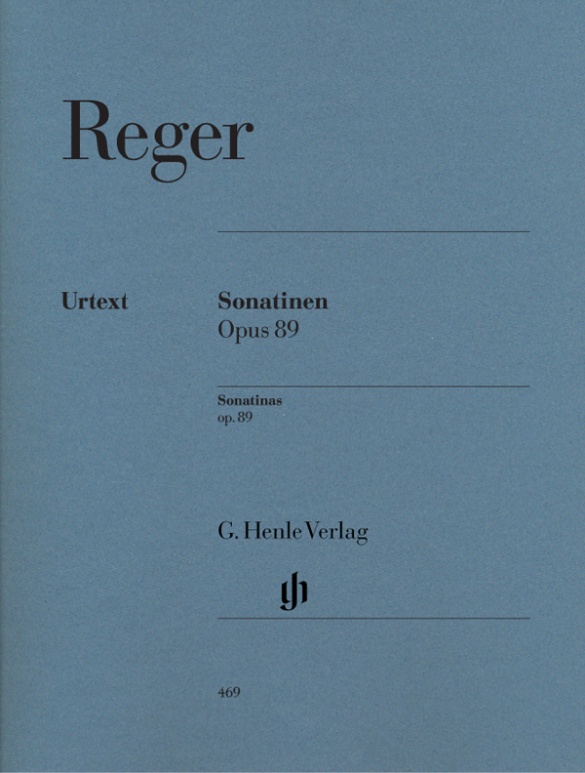

Max Reger
Sonatinas op. 89
Max Hehemann stated once, “Reger just simply happens to be complicated”. This sums up the usual and for the main part accurate assessment that is prevalent in the music world of the works of one of the most important German composers at the turn of the twentieth century. The Piano Sonatinas op. 89 are a marked exception to the Reger rule. Reger, whose writing for the piano was often virtuosic and dense, greatly retracted this here, favouring instead a wonderful airiness and transparency. Nevertheless, unlike a sonatina by Clementi for instance, these four Reger Sonatinas are not easy to play (according to our levels of difficulty, the easiest, the Sonatina in D major [No. 2], is considered 5/6 – that is medium level of difficulty.)
Content/Details
About the Composer
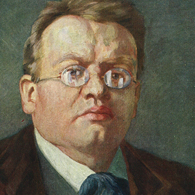
Max Reger
Late-Romantic composer who combines a chromatic tonal language with Baroque and Classical forms, thus anticipating 1920s neoclassicism.
| 1873 | Born in Brand (Upper Palatinate) on March 19, the son of a teacher. First piano lessons from his mother. |
| 1888 | After a visit to Bayreuth (for Meistersinger and Parsifal), decides on a career in music. |
| 1890–93 | Studies with Hugo Riemann at the conservatory in Wiesbaden, composes chamber works. Thereafter he endeavors to publish his own works as a freelance composer, albeit with multiple failures. |
| 1898 | Return to his parents’ home in Weiden. Composition of organ works: choral fantasies, “Fantasy and Fugue on B-A-C-H,” Op. 46 (1900); Symphonic Fantasy and Fugue (“Inferno”), Op. 57. |
| 1901–07 | Living in Munich. |
| 1903 | Publication of his “On the Theory of Modulation,” causing Riemann to feel attacked because Reger espouses a different understanding of the role of chromatics. “Variations and Fugue on an Original Theme,” Op. 73. |
| 1904 | Breakthrough with his first performance for the Allgemeine Deutsche Musikverein (General German Music Association). First volume of his “Simple Songs” for voice and piano, Op. 76; String Quartet in D minor, Op. 74, one of the most significant works in that genre at the beginning of the century. |
| From 1905 | Instructor at Munich’s Academy of Music. “Sinfonietta” in A major, Op. 90. |
| 1907–11 | Music director and professor of composition at the University of Leipzig. Orchestral work “Variations and Fugue on a Theme by Hiller,” Op. 100. |
| 1909 | “The 100th Psalm,” Op. 106, his most popular choral work. |
| 1911–14 | Director of the royal court orchestra of Saxe-Meiningen. |
| 1912 | “Concerto in the Old Style,” Op. 123. Orchestral song “An die Hoffnung” (“To Hope”), Op. 124. |
| 1913 | “Four Tone Poems after A. Böcklin” for large orchestra, Op. 128; “A Ballet Suite,” Op. 130. |
| 1914 | “Variations and Fugue on a Theme by Mozart,” Op. 132 |
| 1915 | He resides in Jena. Late compositions. |
| 1916 | Death in Leipzig on May 11. |
About the Authors
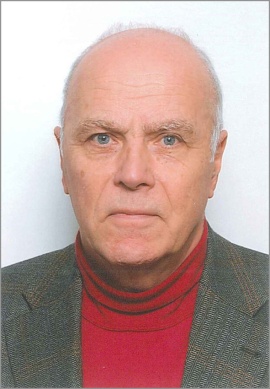
Egon Voss (Editor)
Dr. Egon Voss, born in 1938 in Magdeburg, did a secondary school teaching degree in Detmold (Staatsexamen in 1961) and studied German, philosophy and pedagogy in Kiel and Münster (Staatsexamen 1964). He subsequently studied musicology in Cologne, Kiel and Saarbrücken and completed his doctorate in 1968.
In 1969 Voss became a scholar at the Richard Wagner Complete Edition in Munich, since 1981 he has been its Head. From 1989 to 1990 he was the dramaturg at the Théȃtre la Monnaie/de Munt Brüssel, and from 1996 to 2002 a lecturer at the post-graduate programme “Textkritik” at the Ludwig-Maximilians-Universität in Munich. Voss is a member of the advisory board for the edition “Richard Wagner, Sämtliche Briefe” as well as the journals “wagnerspectrum” and “The Wagner Journal”. He has published several books and a great many essays on Wagner, Schumann, Bach and other composers and musicological topics.
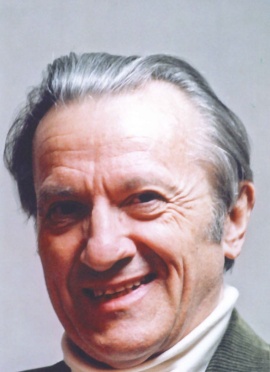
Helmut Brauss (Fingering)
rof. Helmut Brauss, concert pianist, was born in 1930 in Milan and studied with Elly Ney, Hans Ehlers and Edwin Fischer amongst others. He performed in over 1500 concerts, chamber music concerts and radio broadcasts, and appeared as a soloist with renowned orchestras in Europe, North America and Asia.
For over 25 years, Brauss was professor of music at the University of Alberta, Canada and a visiting professor at the Musashino Ongaku Daigaku in Tokyo. His discography comprises numerous works. He is the author of several books including “Max Reger’s Music for Solo Piano” (Alberta University Press) and “Der singende Klavierton” (Heinrichshofen Verlag). He died in Toronto on 7th October 2017.
Product Safety Informations (GPSR)

G. Henle Verlag
Here you can find the information about the manufacturer of the product.G. Henle Verlag e.K.
Forstenrieder Allee 122
81476 München
Germany
info@henle.de
www.henle.com
recommendations
autogenerated_cross_selling
Further editions of this title
Further editions of this title


